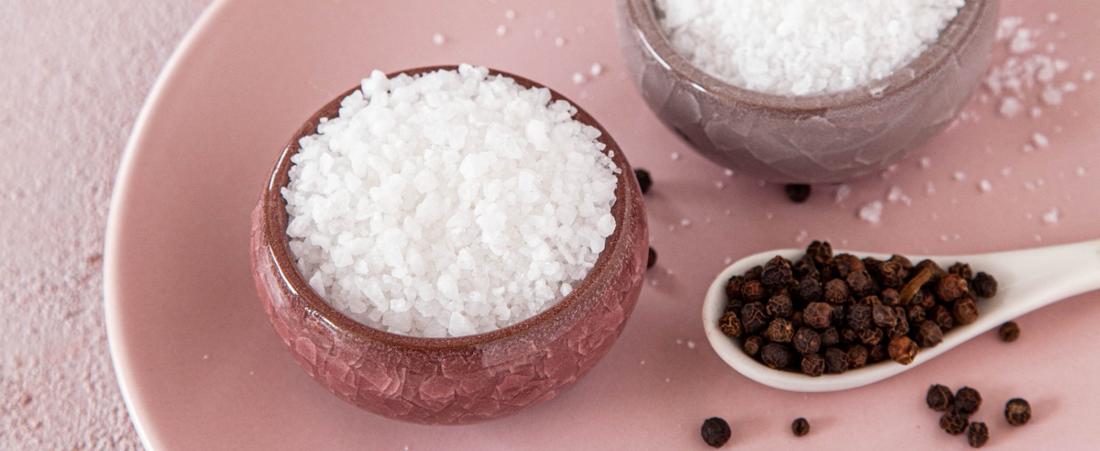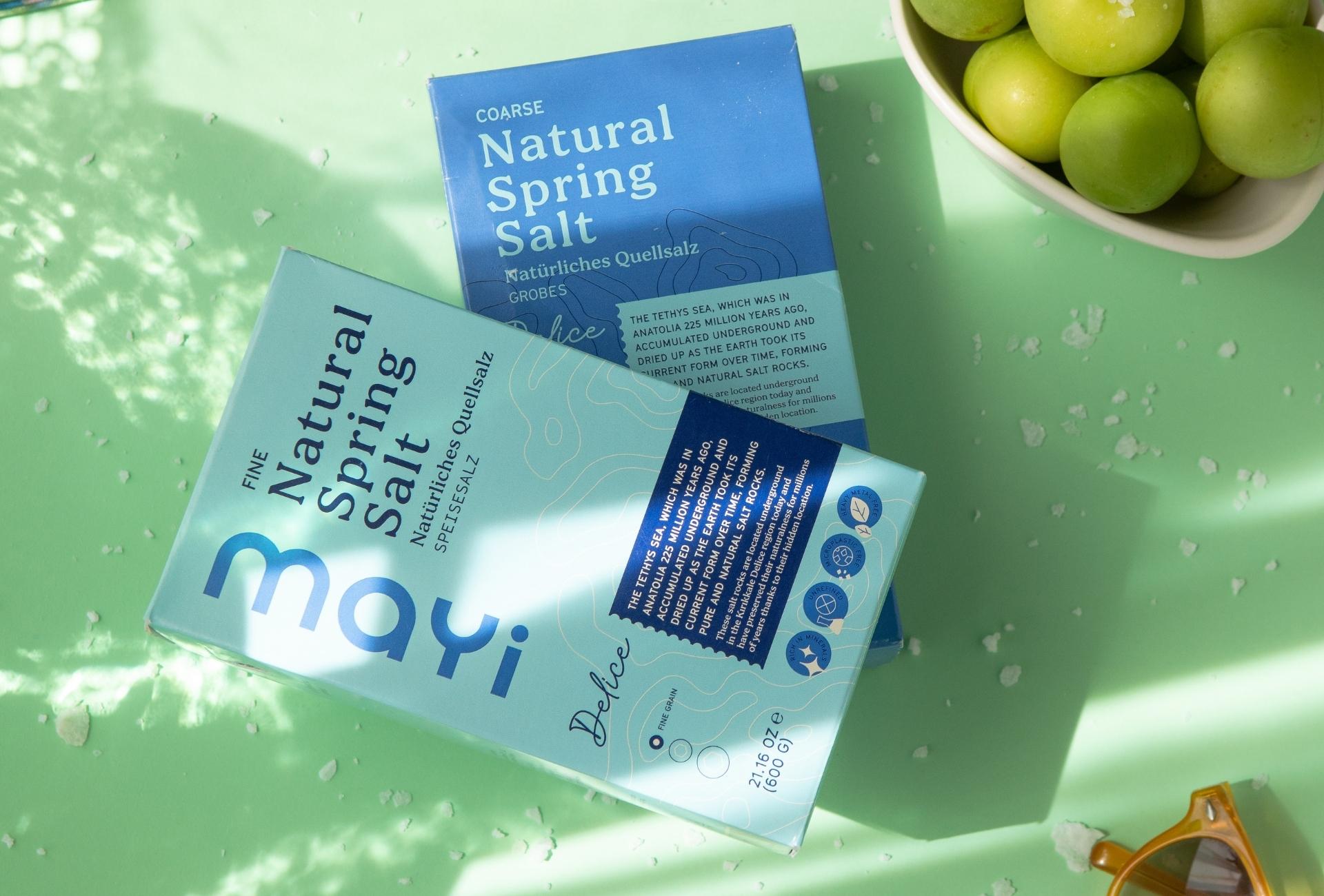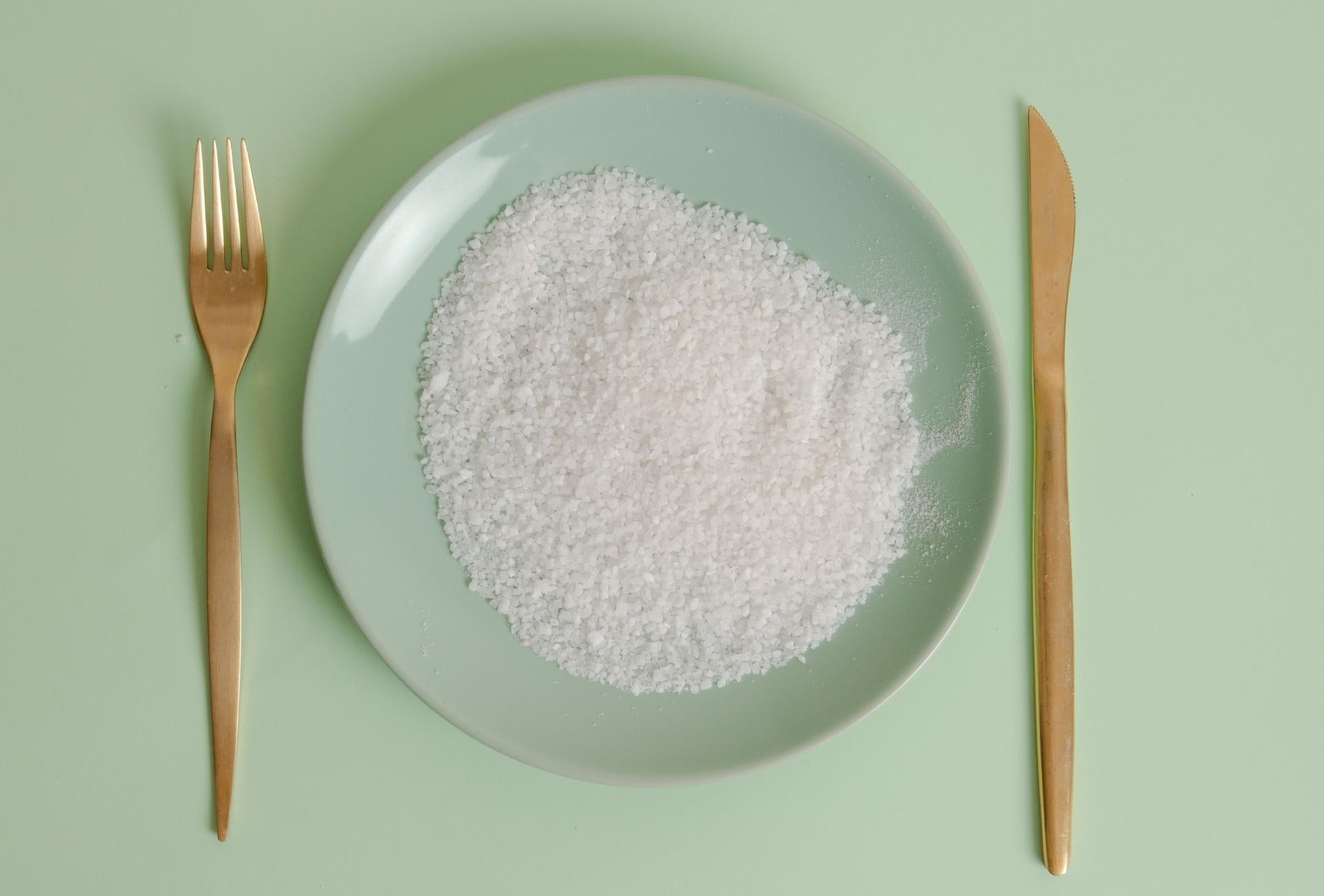When chosen correctly, salt can be a remedy, but when chosen incorrectly, it can be quite harmful. In our daily lives, we use salt most in our meals. Just as we pay attention to the taste of the dishes we value, we should also be careful in choosing salt.
There are three common mistakes made when choosing table salt. The first and most important one is paying attention to whether the salt is refined or not. Another is opting for natural and mineral-rich salt. The last one is adjusting the correct amount of salt used.
Understanding Different Salt Types for Cooking
One shouldn't overlook the importance of salt. There are various types of salts, each with specific uses. Selecting the right salt is crucial in the process of cooking. To do so, it's necessary to understand different types of salt. For example, table salts are suitable for use during the cooking process. Pickling salt is appropriate for cooked dishes and salads at the dining table. Flake salt is suitable for decorative use in desserts and meats. Kosher salt should be used for marinating. These varieties are expandable.
Sea Salt vs Table Salt Differences
Table salt is generally used in cooking, while sea salt is used to enhance the flavor of dishes. Table salt is typically derived from underground mineral deposits and is refined, causing it to lose most of its minerals. Sea salt, on the other hand, is naturally obtained from seawater. It contains a higher amount of minerals compared to table salt. However, due to its origin from the sea, it is heavily affected by environmental pollution, containing heavy metals.
The Hidden Benefits of Gourmet Salt
The most significant difference of gourmet salts from other salts is that they contain aromatic herbs or essential oils. Gourmet salts are rich in minerals. They provide essential minerals for the body and contribute positively to health. Additionally, their added aroma enhances and enriches culinary experiences.
With the aromas within gourmet salts, they recreate the dishes they are used in. They elevate the dishes both in flavor and minerals.
Just like the Mayi Artisan Series...
We have combined the 5000-year-old taste and purity of liquid source salt with unique flavors, creating the most practical form of flavor. With Mayi Artisan Series, incorporating unique aromas along with salt, it will become your go-to choice whenever you want to enhance the flavors of your dishes and add a special touch. You will enjoy cooking with flavors like truffle mushroom, thyme, lemon, and garlic, and you won't want to leave the kitchen.
 Common Mistakes in Choosing Salt and Their Impact on Dishes
Common Mistakes in Choosing Salt and Their Impact on Dishes
The mistakes made in choosing salt can significantly impact the flavor of dishes. Many people jeopardize their health by using refined salts. Therefore, opting for natural and mineral-rich salts, and using them in the right amounts, is one of the most important steps you can take for your health.
Why Over-Salting is a Culinary Misstep and How to Measure Properly
When used correctly and in moderation, salt enhances the flavor of dishes, but if used improperly, it can spoil the taste of meals. So, what should we do to prevent this? The most common mistake is misadjusting the amount of salt. Using excessive salt not only ruins the taste of the food but also poses significant health risks.
To prevent this, using liquid forms of salt can be highly beneficial. Mayi liquid salt in spray form provides you with ease of use.
Effective Tips to Avoid Salt-Related Mistakes in Your Kitchen
To prevent mistakes related to salt and avoid ruining the taste of your dish, you can try the following tactics:
- Follow the specified amount of salt mentioned in the recipe and do not add extra salt.
- Taste the dish by adding salt little by little to control the flavor.
- Prefer natural, mineral-rich salts; these salts have a lower saltiness level and allow for controlled seasoning.
- You can add salt to your dish at the end of the cooking process. This way, you can benefit more from the minerals in the salt.
The Importance of Salt Tasting and Adjusting
The process of seasoning with salt is very important. This is because salt brings out the flavor of dishes and ensures a balanced taste. Salt enhances the taste of other ingredients. Too much salt can make a dish overly salty, while too little salt can leave a dish lacking in flavor.
Tasting the dish after adding salt while cooking and adjusting it if necessary allows you to achieve perfect taste.
Proper Storage Methods to Preserve Salt Freshness
Salt, by its nature, does not deteriorate. Salt has been used for years to preserve food. However, there are still a few things that can be done to maintain its freshness and quality. These are:
- Salt is affected by moisture. Therefore, store it in a dry environment.
- Ensure it is not exposed to air.
- Store it in a cool environment.
- Avoid exposure to sunlight.




